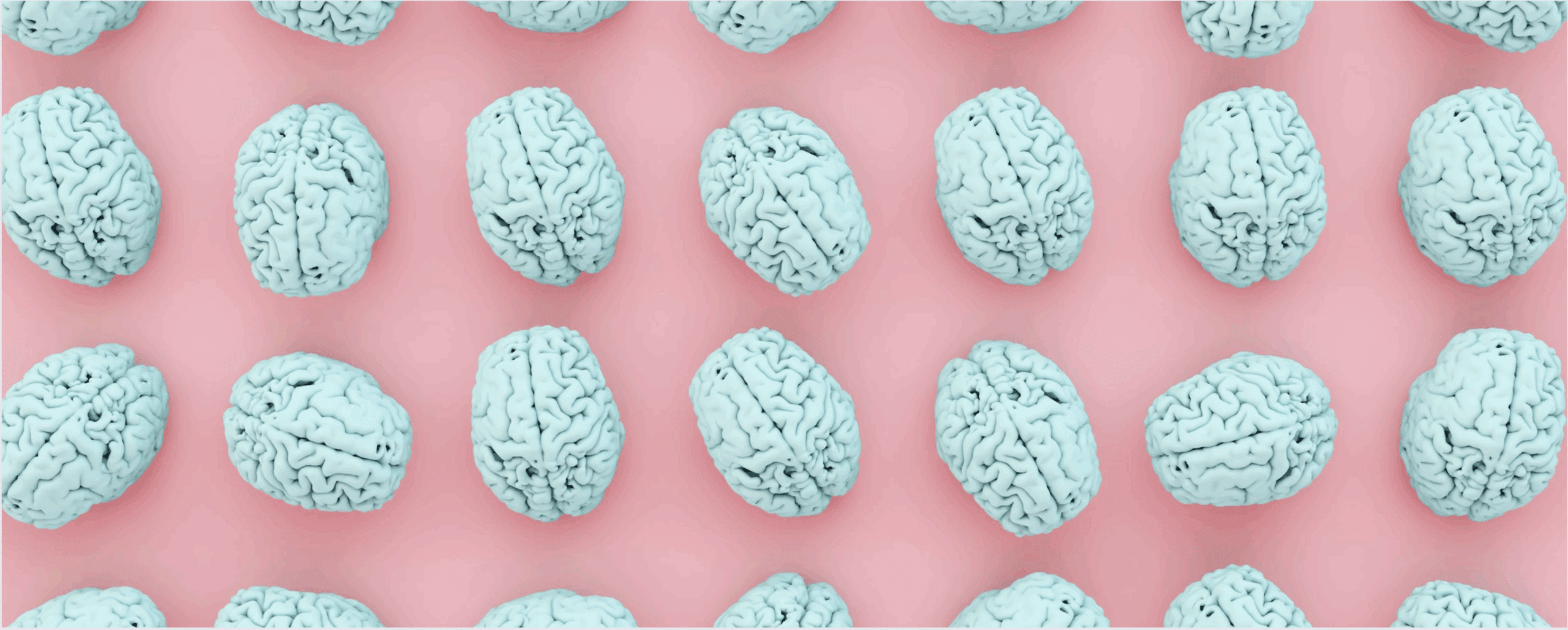In a world where social gatherings often involve the clinking of glasses, it’s crucial to understand the thin line between social drinking and chronic alcohol abuse. What exactly is chronic alcohol abuse, and how does it differ from terms like alcohol use disorder and alcoholism? Here, we delve into the depths of alcohol-related issues, shedding light on signs, dangers, and the journey toward recovery.
What Is Chronic Alcohol Abuse?
Chronic alcohol abuse is a term often used interchangeably with alcohol use disorder and alcoholism, leading to confusion. To unravel this mystery, let’s break down these terms and explore their subtle nuances. Understanding the distinctions is vital for recognizing the severity of the issue and providing appropriate support.
Chronic alcohol abuse is characterized by a prolonged pattern of excessive drinking, where the individual’s tolerance to alcohol increases, leading to dependence. Alcohol use disorder (AUD) is a clinical diagnosis that encompasses a spectrum of drinking problems, from mild to severe. Alcoholism, on the other hand, often refers to the most severe form of AUD, where individuals lose control over their drinking despite negative consequences.
According to the National Institutes of Health, in 2019, nearly 15 million people in the United States had an alcohol use problem. The World Health Organization (WHO) estimates that globally, 3 million deaths every year result from the harmful use of alcohol. Knowing the signs of abuse is key to making healthy changes.
What Are the Signs and Symptoms of Chronic Alcohol Abuse?
Recognition is the first step toward addressing any problem. Whether it’s for yourself or a loved one, being aware of the signs and symptoms of chronic alcohol abuse is crucial. From behavioral changes to physical manifestations, here’s a comprehensive list to help you identify when social drinking might be crossing dangerous lines.
- Increased Tolerance: One of the early signs of chronic alcohol abuse is the development of tolerance, requiring higher amounts to achieve the desired effect.
- Withdrawal Symptoms: When not consuming alcohol, individuals may experience withdrawal symptoms such as tremors, nausea, or irritability.
- Loss of Control: Inability to limit the amount of alcohol consumed, leading to episodes of excessive drinking.
- Neglecting Responsibilities: A person struggling with chronic alcohol abuse may neglect work, school, or family obligations.
- Continued Use Despite Consequences: Even when faced with negative consequences, such as health issues or strained relationships, the individual continues to drink excessively.
- Preoccupation with Drinking: Spending a significant amount of time thinking about, obtaining, or recovering from the effects of alcohol.
By recognizing these signs, individuals and their loved ones can intervene early, potentially preventing the progression of alcohol addiction.
Get confidential help from our addiction and mental health treatment facilities located across the United States. Call to join one of our quality programs today!
Speak With Our Admissions TeamWhat Are the Dangers of Chronic Alcohol Abuse?
The consequences of chronic alcohol abuse extend far beyond the immediate effects of intoxication. From mental health concerns to physical ailments, the dangers of sustained alcohol abuse paint a grim picture. Understanding the consequences of chronic alcohol abuse can help you or your loved one make informed choices about drinking habits and find the courage to seek help.
Physical Health Consequences of Chronic Alcohol Abuse
Chronic alcohol abuse takes a toll on the body, leading to various health issues. Alcoholism is a known cause of liver disease, heart problems, and an increased risk of certain types of cancer. It can also weaken the immune system and make individuals more susceptible to illnesses. The longer chronic alcohol abuse continues, the more damage it can cause to the body.
Mental Health Consequences of Chronic Alcohol Abuse
Alcohol is a depressant and can have negative effects on mental health. Chronic alcohol abuse can increase feelings of anxiety and depression, worsen symptoms of existing mental illnesses, and even lead to alcohol-induced mood disorders. Prolonged alcohol abuse can result in cognitive impairment, affecting memory, attention, and decision-making abilities.
Social Consequences of Chronic Alcohol Abuse
Beyond the physical and mental consequences, chronic alcohol abuse also has a significant impact on a person’s social life. It can strain relationships with loved ones, lead to isolation and loneliness, and hinder job performance.
Financial Consequences of Chronic Alcohol Abuse
Chronic alcohol abuse can have significant financial repercussions. The cost of buying alcohol on a regular basis can quickly add up, draining one’s bank account and causing financial strain. In addition to the direct cost of purchasing alcohol, there are also indirect costs such as medical bills from health issues related to alcohol abuse.
Legal Consequences of Chronic Alcohol Abuse
The consequences of alcohol abuse can extend to legal troubles, including DUI charges, disorderly conduct, and public intoxication. These legal consequences can result in fines, jail time, and even a criminal record.
Is Alcoholism a Mental Health Disorder?
Historically, alcoholism was viewed through a moral or criminal lens, attributing the behavior to personal failings rather than considering underlying psychological factors. However, as our understanding of mental health evolved, so did our perception of alcoholism.
In contemporary times, alcoholism is recognized as a complex interplay of genetic, environmental, and psychological factors. In 1980, the Diagnostic and Statistical Manual of Mental Disorders, third edition (DSM-III), identified alcoholism as a subset of a mental health disorder. The current edition, DSM-V, classifies alcoholism, now referred to as alcohol use disorder (AUD), as a mental health condition presenting both physical and mental symptoms. The American Psychiatric Association (APA) also classifies alcohol use disorder as a mental health disorder, acknowledging the significant impact on an individual’s thoughts, feelings, and behaviors.
The link between alcoholism and mental health challenges is often fueled by self-medicating behaviors. Some individuals may turn to alcohol as a coping mechanism for underlying mental health issues, finding temporary relief from symptoms of depression, anxiety, or trauma. However, this coping mechanism often spirals into a destructive cycle.
Recognizing that alcoholism is a mental health disorder emphasizes the need for a holistic approach to treatment. That is why many quality alcohol rehab centers provide dual diagnosis treatment for co-occurring mental illnesses. This type of treatment involves addressing both the addictive behaviors and the underlying psychological factors contributing to the individual’s struggles.
Looking for quality treatment for substance abuse and mental health that’s also affordable? Aliya Health Group's treatment facilities accept most major insurance providers. Get a free insurance benefits check now!
Check Your CoverageWhat To Expect In Treatment for Chronic Alcohol Abuse?
Recovery is a journey, and seeking professional help is often a crucial step. Aliya Health Group’s network of alcohol addiction treatment providers offer comprehensive alcohol addiction treatment programs ranging from inpatient to outpatient care. This ensures that individuals receive the support they need at every stage. From detoxification to aftercare, Aliya’s commitment to holistic recovery shines through.
Throughout each level of care, alcohol treatment centers incorporate evidence-based therapeutic interventions, including cognitive-behavioral therapy (CBT) and motivational enhancement therapy (MET), to address the psychological aspects of alcohol addiction.
Alcohol Detox
The first step alcohol addiction treatment is detoxification, where the body rids itself of alcohol. During the alcohol detox process clients are closely monitored to manage alcohol withdrawal symptoms and ensure a safe transition to the next phases of treatment. Detox programs also provide medication-assisted treatment for alcoholism which provides FDA-approved medications to minimize withdrawal and prevent relapse.
Inpatient Alcohol Treatment
In cases where the individual requires intensive support and supervision, inpatient alcohol treatment provides a structured environment for detoxification and residential treatment for alcoholism. This immersive approach allows individuals to focus solely on their rehabilitation, away from external triggers and cravings.
Outpatient Treatment for Alcoholism
For those who have a foundation of recovery and a strong sober support system, outpatient treatment can provide continuing care. Outpatient rehab programs offer flexible alcohol addiction treatment schedules so that people can maintain tend to work, school, or family responsibilities. For this reason, individuals can attend therapy sessions, counseling, and support groups while continuing with daily life and returning home or to a sober living environment after each day of treatment.
Aftercare Services
Recovery is an ongoing process, and aftercare services play a crucial role in maintaining sobriety. Aftercare provides continued support through counseling, support groups, and recovery resources to navigate the challenges of post-treatment life.
Getting Help For Chronic Alcohol Abuse
When social drinking turns to heavy alcohol consumption or binging alcohol, people often need help to recover from chronic alcohol abuse. Due to society’s view of alcohol, people with alcohol use disorder often struggle to see their addiction for what it is. If you or your loved one are struggling with chronic drinking, reach out to Aliya Health Group for a confidential consultation.















